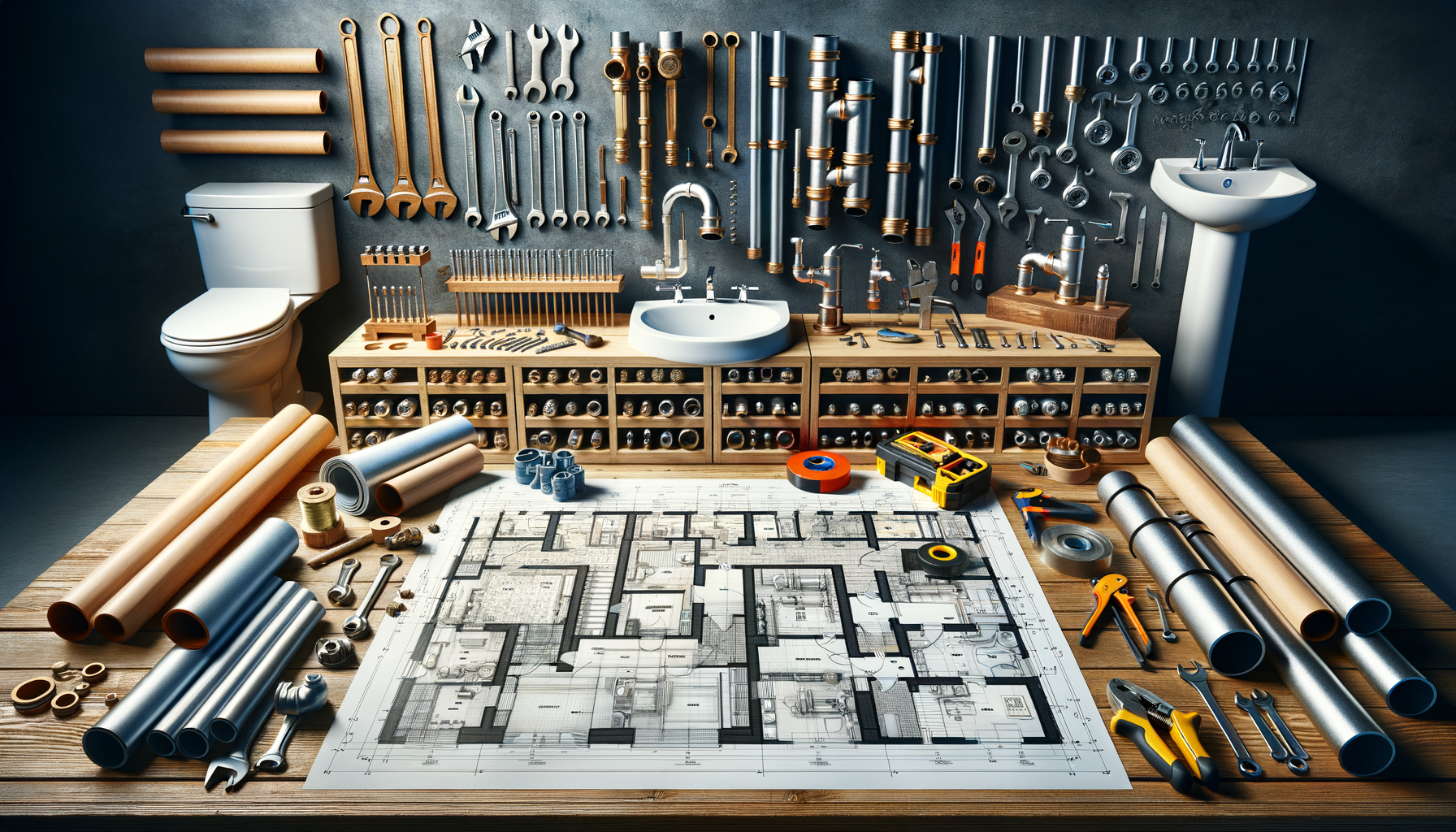
Start a Career as a Plumber in the UK – Training Available for All Ages
Understanding the Basics of Plumber Training
Plumbing is a trade that requires a unique blend of technical skills, physical endurance, and problem-solving abilities. To become a proficient plumber, one must undergo extensive training that covers a range of essential topics. These include understanding plumbing codes and standards, mastering the use of various tools and equipment, and learning how to read blueprints and schematics. Training programs often emphasize hands-on experience, which is crucial for developing practical skills. Trainees learn to install, repair, and maintain plumbing systems, ensuring they meet safety and efficiency standards.
Many training programs offer a combination of classroom instruction and on-the-job training. This dual approach helps trainees apply theoretical knowledge in real-world scenarios, enhancing their learning experience. Moreover, plumbing training often includes modules on customer service and business management, preparing individuals to handle client interactions and potentially run their own plumbing businesses in the future.
Plumbing is not just about fixing leaks or unclogging drains; it involves a comprehensive understanding of water systems, waste disposal, and even gas lines. Therefore, the training is designed to equip individuals with the skills necessary to tackle various challenges in residential, commercial, and industrial settings. By the end of a training program, aspiring plumbers should be well-versed in the intricacies of the trade, ready to embark on a rewarding career.
Exploring Training Opportunities and Pathways
The UK offers a variety of pathways for those interested in pursuing a career in plumbing. One of the most common routes is through apprenticeships, which provide a structured learning environment combining practical work experience with academic study. Apprenticeships are available to individuals of all ages and often lead to nationally recognized qualifications. They are an excellent way to earn while you learn, as apprentices receive a salary during their training period.
For those who prefer a more academic approach, vocational courses and diplomas in plumbing are available at many colleges and technical institutions. These courses typically cover the foundational aspects of plumbing and can be a stepping stone to further qualifications or employment opportunities. Additionally, there are specialized training programs focusing on areas such as renewable energy systems or advanced plumbing technologies, catering to the evolving demands of the industry.
It’s important to research and choose a training program that aligns with your career goals and learning preferences. Whether you opt for an apprenticeship or a college course, gaining a solid education in plumbing is crucial for building a successful career. These training opportunities not only provide the necessary technical skills but also instill a sense of professionalism and dedication required in the trade.
The Benefits of a Career in Plumbing
A career in plumbing offers numerous benefits, making it an attractive option for many individuals. One of the most significant advantages is job stability. Plumbing is an essential service, and skilled plumbers are always in demand, regardless of economic conditions. This demand ensures a steady stream of job opportunities and the potential for career advancement.
Plumbers also enjoy competitive salaries, with the potential for increased earnings as they gain experience and specialize in certain areas. For those with an entrepreneurial spirit, plumbing offers the opportunity to start and run their own business, providing flexibility and control over their work-life balance.
Beyond financial rewards, a career in plumbing is fulfilling due to the tangible impact it has on people’s lives. Plumbers play a crucial role in ensuring the safety and efficiency of water and waste systems, contributing to public health and environmental sustainability. This sense of purpose, combined with the satisfaction of solving complex problems, makes plumbing a rewarding profession.
Furthermore, the trade offers continuous learning and development opportunities. As technology evolves, plumbers must stay updated with the latest advancements and techniques, ensuring their skills remain relevant. This constant learning keeps the job interesting and challenging, catering to those who thrive on personal and professional growth.


